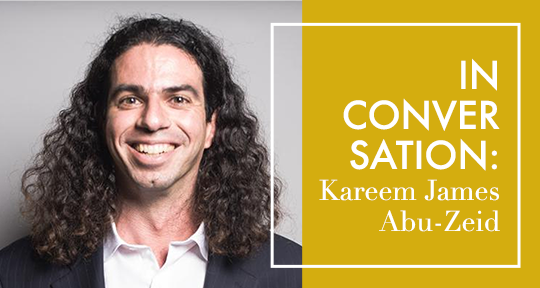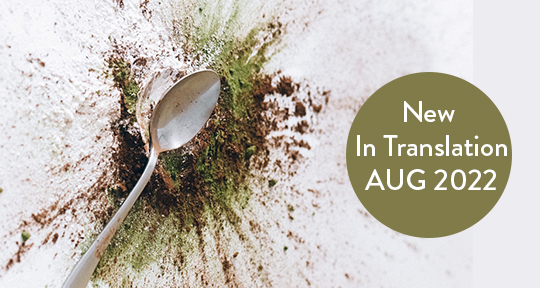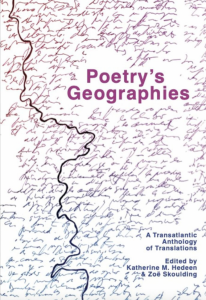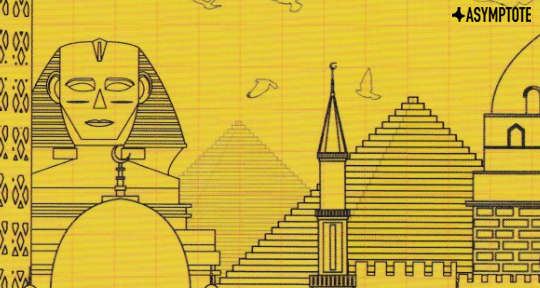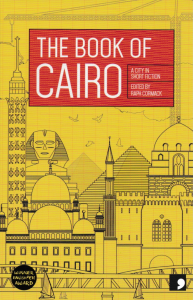Opportunities abound for the emerging translator! Just in time for the year-end break—this will be our final post of the year—we sifted through the latest ones and compiled the best and timeliest for our new one-stop hub, “Upcoming Opportunities in Translation.” See you on the other side of the New Year!
AWARDS
SARAH MAGUIRE PRIZE
The 2024 Sarah Maguire Prize for Poetry in Translation is now open for submissions. This international prize is awarded every two years to a translated book of poetry by a “poet living beyond Europe”. The winners will receive £3000, to be divided between the poet and their translator, and will be included in a Poetry Book Society promotion alongside up to seven other shortlisted titles. Past winners include Palestinian poet Najwan Darwish and Chinese poet Yang Lian.
Founded in 2020, the Prize commemorates the Poetry Translation Center’s founder, renowned poet Sarah Maguire, and seeks to celebrate the art of poetry in translation, which the PTC calls “the lifeblood of poetry”. Applications close on Monday, January 1st, 2024.
WORLD LITERATURE TODAY – STUDENT TRANSLATION PRIZE
World Literature Today offers an annual competition for students enrolled in translation studies programs worldwide, and applications are open! Consistent with WLT’s commitment to serving international and university communities alike, the Student Translation Prize seeks to recognize the work of emerging translators from anywhere in the world.
Entries should include a piece of translated prose (up to 1,000 words) or three pieces of poetry, along with a cover letter. $200 will be awarded to one prose translation and one poetry translation. Both will also be published online in the summer.
Applications are due January 11th, 2024.
MO HABIB TRANSLATION PRIZE IN PERSIAN LITERATURE
The Department of Middle Eastern Languages and Cultures at UW is thrilled to announce that the Mo Habib Translation Prize in Persian Literature is open for submissions for its second cycle. In partnership with the Mo Habib Memorial Foundation and Deep Vellum Publishing, this prize aims to commemorate the life of Mohammed Habib through the celebration of Persian literary works.
This cycle will focus on Persian poetry from the 10th century CE to the present day. Bi- or multilingual projects are more than welcome, as are collections of poems from more than one author. Applicants should submit a cover letter, a CV, and a sample of the proposed translation by March 1st, 2024. The winning translation will be awarded $10,000 and will be published by Deep Vellum.


